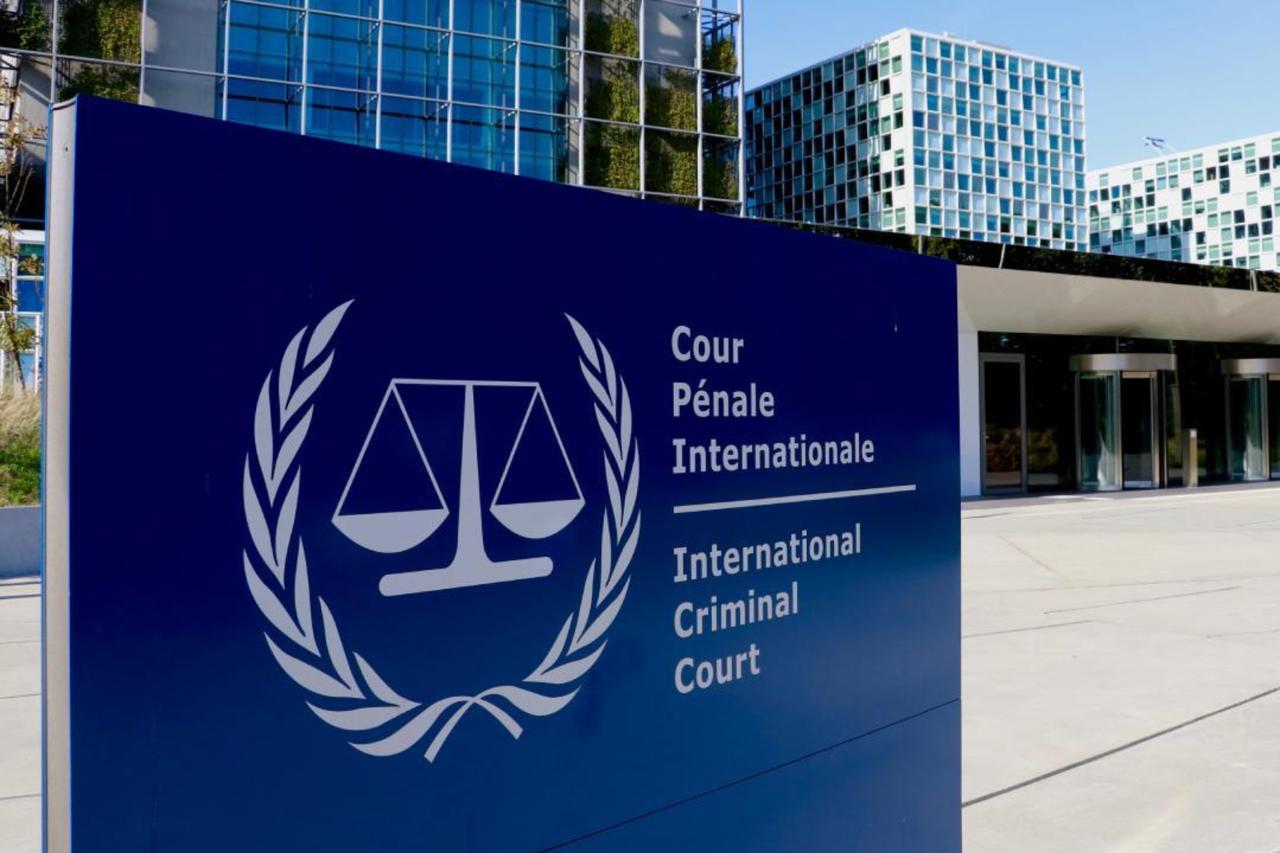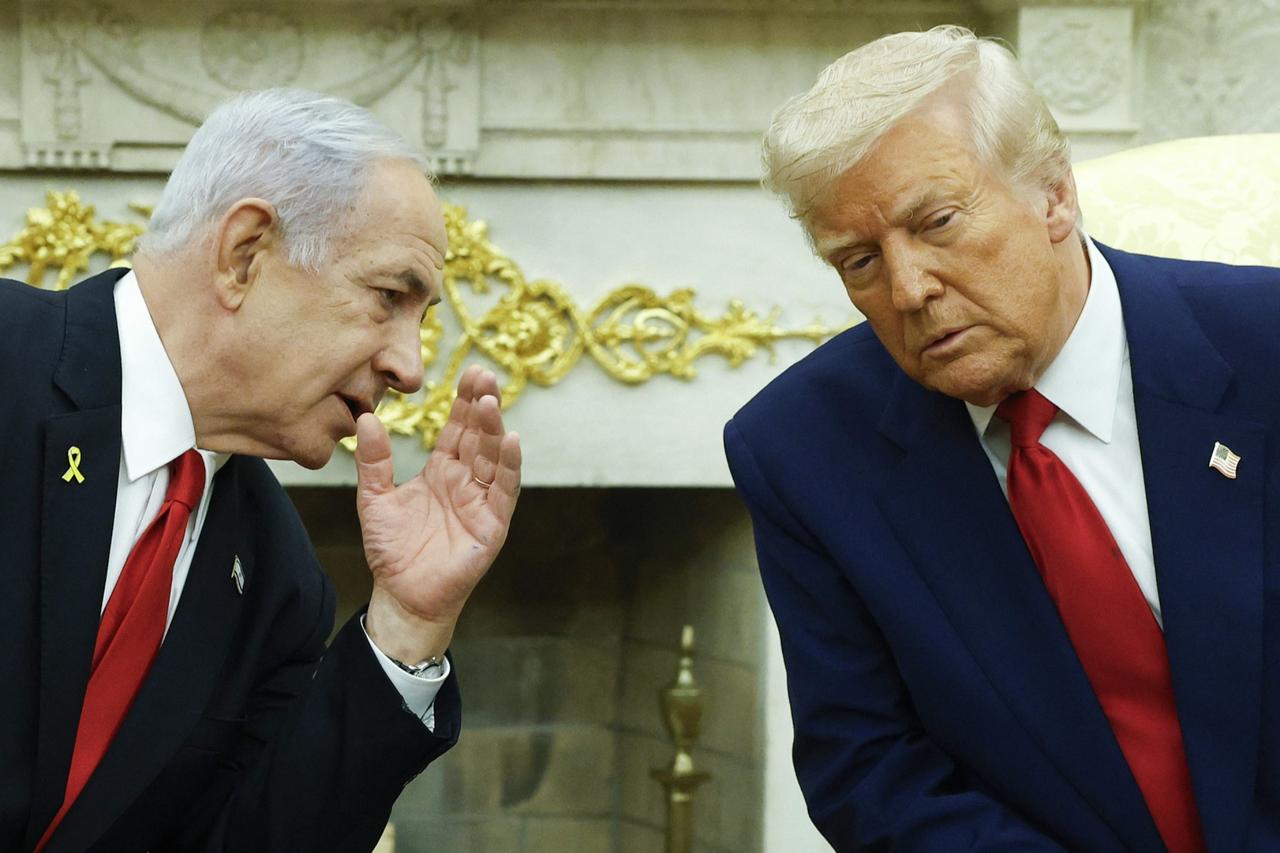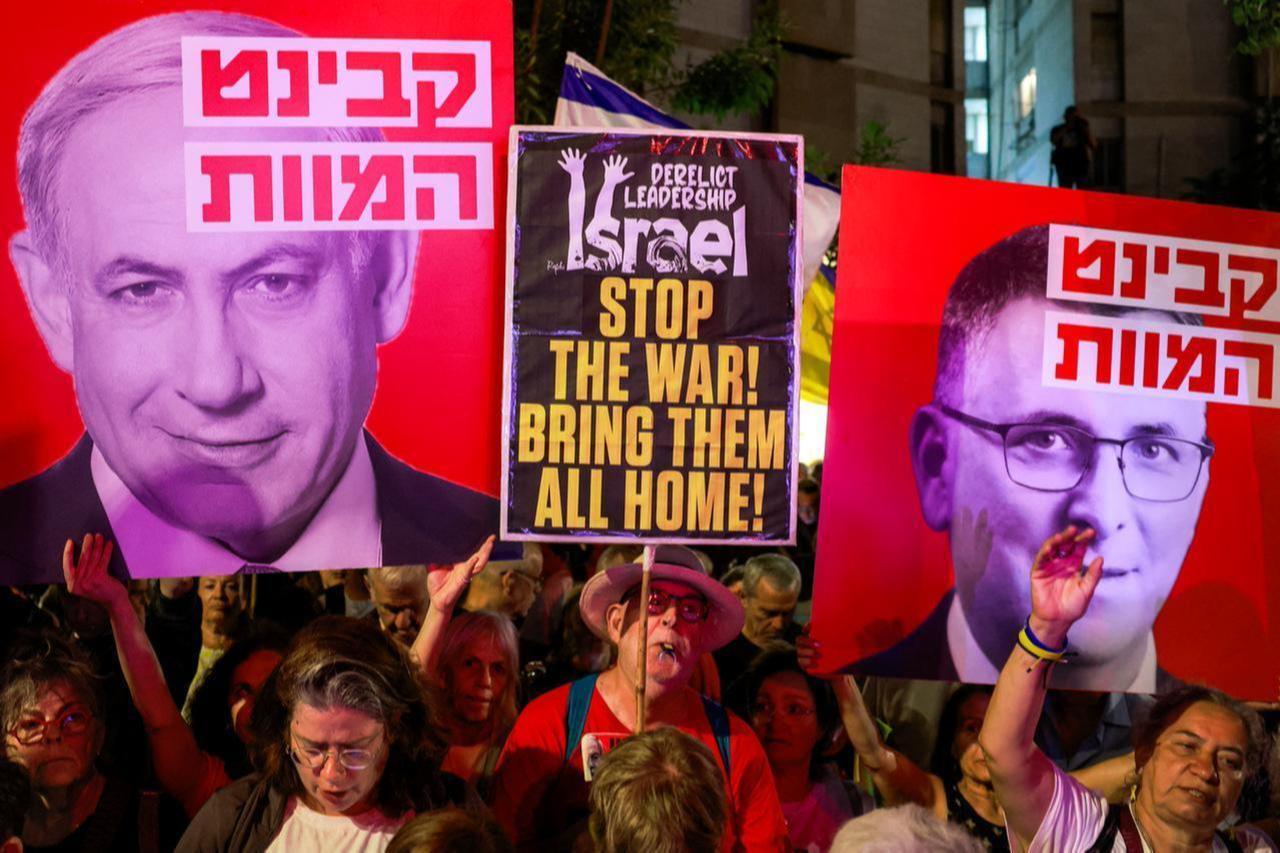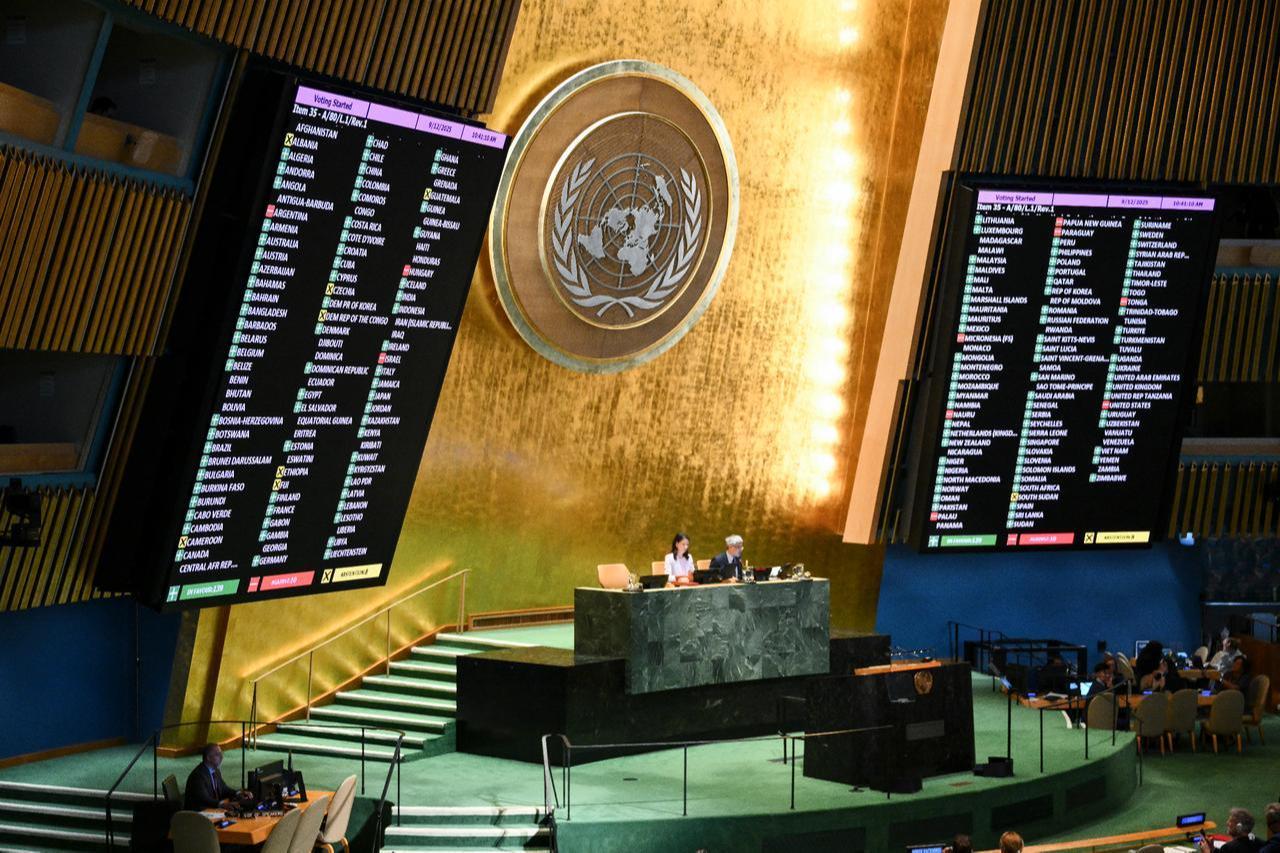
The Trump administration is considering sanctioning the International Criminal Court as an institution within days, a significant escalation that could cripple the tribunal's operations as it pursues war crimes investigations involving Israeli officials.
Six sources familiar with the deliberations told to Reuters that the United States may impose "entity sanctions" on the Hague-based court itself, moving beyond the targeted measures already placed on individual prosecutors and judges. The sources spoke on condition of anonymity due to the sensitive nature of the diplomatic discussions.

The potential sanctions have already prompted emergency planning at the ICC. Court officials held internal meetings to assess the impact of blanket sanctions, while diplomats from the tribunal's 125 member states have also convened to discuss the situation, according to sources.
To mitigate potential disruption, ICC staff received their salaries for the remainder of 2025 in advance this month. The court is also seeking alternative suppliers for banking services and software, anticipating that entity-wide sanctions could affect basic operations including payroll, bank access, and computer systems.

The potential action represents Washington's strongest response yet to the ICC's investigation into suspected Israeli war crimes during the Gaza conflict. In November, the court issued arrest warrants for Israeli Prime Minister Benjamin Netanyahu and former Defense Minister Yoav Gallant, alongside warrants for Hamas leaders.
The United States has previously sanctioned individual court officials involved in these cases and a separate Afghanistan investigation that initially examined actions by U.S. troops. In February, the White House imposed sanctions on lead prosecutor Karim Khan, who requested the warrants against Israeli officials. Khan is currently on leave amid a sexual misconduct investigation he denies.

Some ICC member countries plan to challenge additional U.S. sanctions during this week's UN General Assembly in New York, according to diplomatic sources. However, multiple sources indicated Washington appears determined to escalate its campaign against the tribunal.
"The road of individual sanctions has been exhausted. It is now more about when, rather than if, they will take the next step," said a senior diplomat.
U.S. Secretary of State Marco Rubio has characterized the court as "a national security threat that has been an instrument for lawfare" against the United States and Israel. The ICC was established in 2002 with jurisdiction over genocide, crimes against humanity, and war crimes committed by citizens of member states or on member territory.
Neither Israel nor the United States are ICC members, but the court recognizes Palestine as a member state, giving it claimed jurisdiction over Palestinian territory—a position both countries reject.